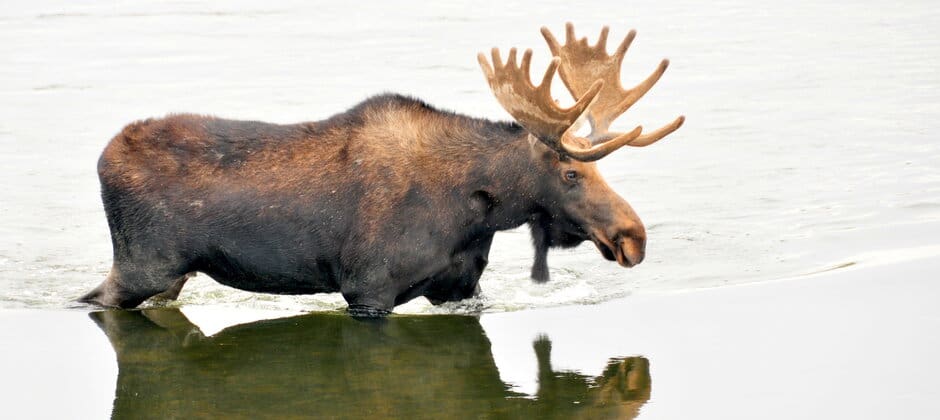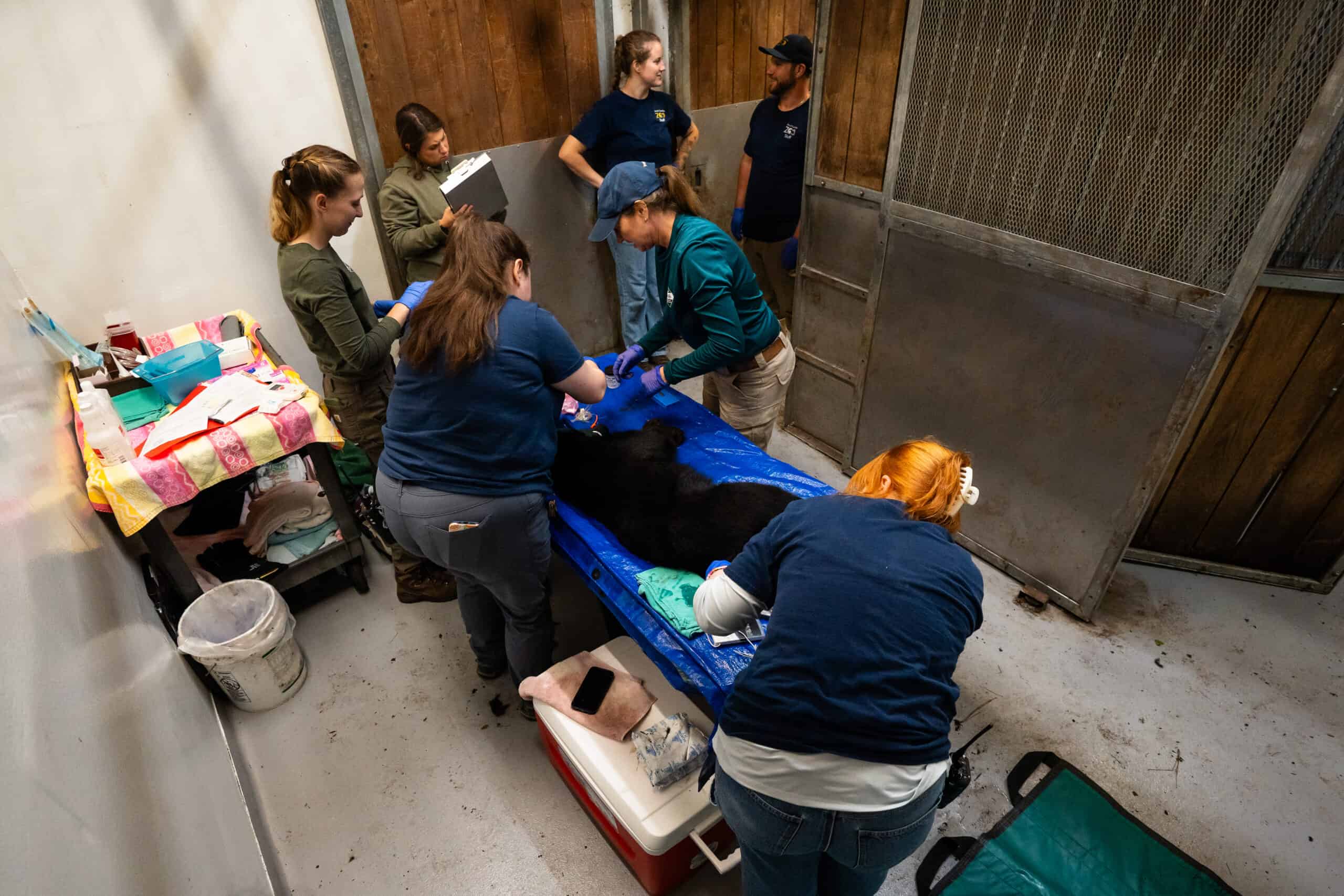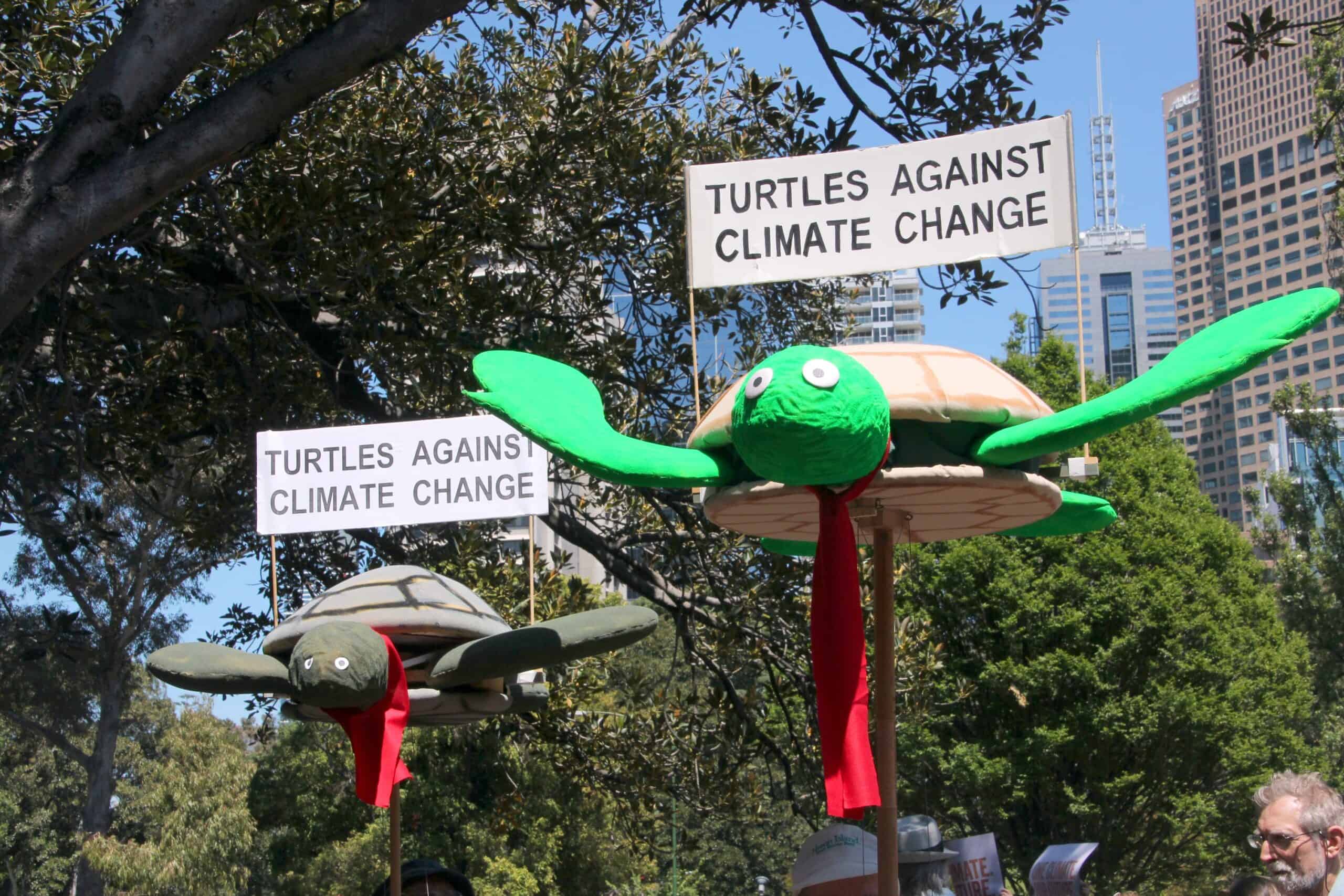Share this article
Senate hearing examines Recovering America’s Wildlife Act
The U.S. Senate Committee on Environment and Public Works discussed the Recovering America’s Wildlife Act (S. 2372; H.R. 2773) during a hearing yesterday.
The Wildlife Society, alongside the American Fisheries Society, submitted testimony encouraging the committee to favorably consider the bill. This landmark legislation would dedicate $1.3 billion annually to state fish and wildlife agencies for the implementation of science-based wildlife action plans, and $97.5 million to tribal fish and wildlife agencies for conservation of species on tribal lands.
Senator Martin Heinrich (D-New Mexico) and Senator Roy Blunt (R-Missouri), who introduced the bipartisan bill into the Senate earlier this year, emphasized the importance of the legislation at the opening of the hearing. “RAWA would establish a robust and reliable federal funding stream for collaborative, proactive, volunteer, on-the-ground conservation work,” Heinrich said.
The bill has received 32 bipartisan co-sponsors in the Senate and 136 in the U.S. House of Representatives—more than one-third of all of Congress. “This legislation would be the most significant investment in wildlife conservation in a generation. It would address the nation’s wildlife crisis,” Blunt said.
The Wildlife Society has supported this legislation alongside dozens of conservation organizations in the Alliance for America’s Fish and Wildlife coalition. Several TWS chapters bolstered this support by seeking attendance and support from their Senate delegations in the lead-up to the hearing.
“As noted by many of the hearing’s witnesses, this legislation will provide a significant step forward in the ability of state, tribal and partner wildlife professionals to proactively conserve at-risk species,” said Caroline Murphy, AWB®, government relations manager at The Wildlife Society. “The Wildlife Society and our members throughout the country thank the committee for highlighting this proposal with an eye towards collaboratively addressing the biodiversity crisis.”
Dan Ashe, president and CEO of the Association of Zoos and Aquariums and a former director of the U.S. Fish and Wildlife Service, provided the first outside witness testimony, placing emphasis on the role of the federal government in leading conservation efforts. “Wildlife conservation is a shared endeavor. It is not state or tribal or federal,” he said. “It requires commitment and funding at all of those levels.”
Following his testimony, Collin O’Mara, president and CEO of the National Wildlife Federation, highlighted how the legislation would provide mechanisms for state and federal partnership, therefore leveraging funding at all levels. “RAWA empowers states and tribes to recover the more than 12,000 species of greatest conservation need and partner with the FWS to recover the 1,600 species already listed as threatened and endangered,” he said.
Sara Parker Pauley, past president of the Association of Fish and Wildlife Agencies and the current director of the Missouri Department of Conservation, also testified, urging the importance of funding at local levels. She emphasized that State Wildlife Action Plans are congressionally mandated, but without adequate funding, states can’t implement them. “Conservation success does not happen overnight,” she said. “It requires long-term planning and dedicated, sustainable funding which this act will provide to state and tribal agencies.”
Yesterday’s hearing sets the stage for committee markup and Senate floor consideration of the legislation. In the U.S. House of Representatives, the bill continues to build co-sponsorship in progress toward a full House Natural Resource Committee markup.
Visit TWS’ Recovering America’s Wildlife Act Action Center to learn more about the bills and urge your U.S. representatives and senators to co-sponsor it.
Header Image: Moose (Alces alces). Credit: Tom Koerner/ USFWS








